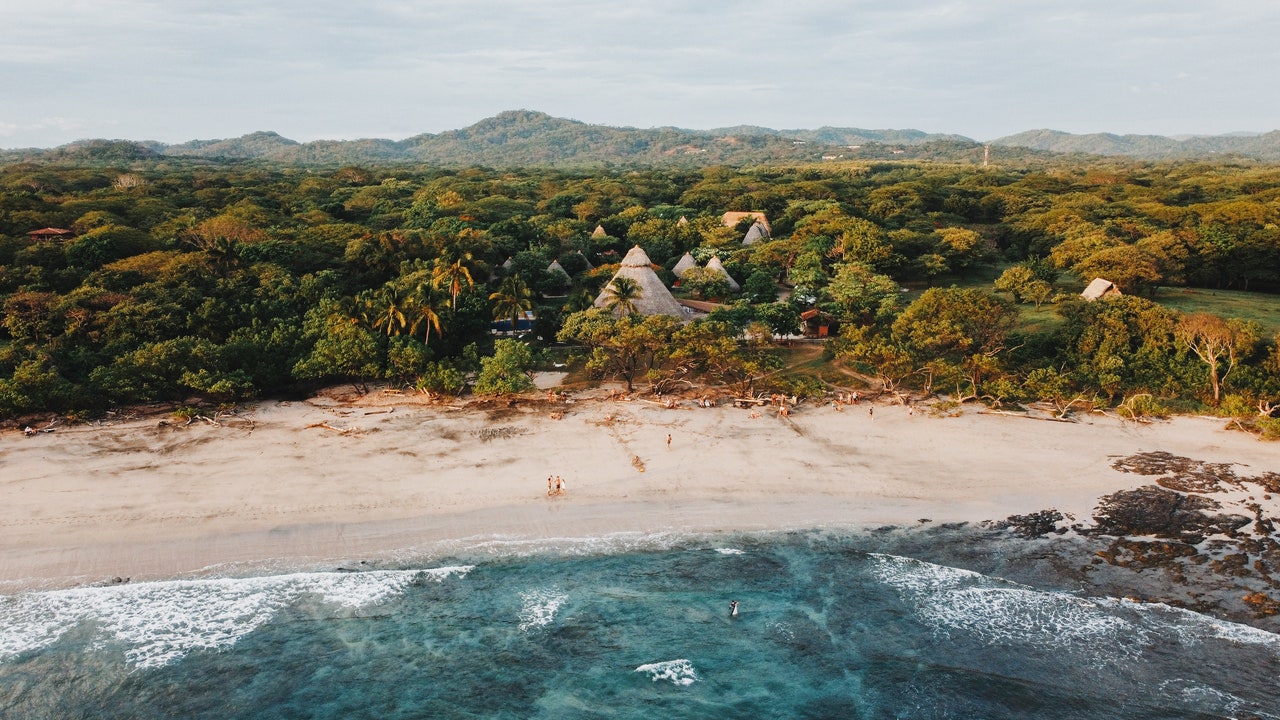How to Retire Abroad—According to Those Who Have Done It
3 min read
It only took six months for Jeff and Rhonda Boehlert to sell off the bulk of their belongings once they decided on retiring abroad in Portugal. “I was a little reluctant at first,” Jeff Boehlert admits. “Although the more we researched the better I felt.”
The North Carolina couple spent their first several months overseas jumping between Airbnb rental properties along Portugal’s central coast, the autonomous Madeira region, and Libson, before returning to the sun-drenched seaport of Figueira da Foz, where they signed an 18-month lease on a studio apartment. “We were still in the midst of getting our Covid vaccinations, driving licenses, etc.,” says Boehlert. “Securing an address would help get rid of the anxiety we were feeling about not having a base, but we made sure its cost is low enough that we can still travel.”
A 2018 study by the Aegon Center for Longevity and Retirement shows that at least 12 percent of Americans have considered living abroad in older age and retirement. In fact, there were approximately 441,268 U.S. workers living overseas who received Social Security benefits in 2020. It’s a number that continues to grow, across various demographics.
While the Boehlerts essentially arrived in Europe with only two suitcases each and a desire to explore the continent, other retirees purchase homes, establish roots, and become active members of their local community. There’s no right or wrong way. “You just have to start planning and do it,” the Boehlerts say.
Here’s where to start.
This article has been updated with new information since its original publish date.
Why retire abroad?
There are a few big motivators for retiring abroad, says Dan Prescher, an editor at International Living magazine and a permanent Mexico resident.
First is a sense of adventure. “Retirees are looking to experience another culture,” says Prescher. They want to “broaden their horizons, and perhaps do something different,” like taking up photography or joining a local senior center, which depending on the place might offer classes in everything from karate to salsa dancing.
Retiring abroad can also make your money go further, especially now, when the U.S. dollar is worth more than the euro for the first time in 20 years (though take note that the dollar-to-euro exchange rate can change at any moment). It’s often cheaper and easier to live in places outside the U.S. than it is to stay put—especially important for someone on a fixed income and/or receiving Social Security benefits, Prescher says. You can still own property in the U.S., but your day-to-day living occurs elsewhere.
Healthcare is another list-topper. Unlike the U.S., there are many countries around the world that offer low- to no-cost healthcare to their residents, including Malta, Spain, and Costa Rica. In some cases, retirees utilize a mix of Medicare (65 and over) and international private healthcare policies to meet their needs.
A third motivator: Having a plan B. “Rising crime, climate change, increasing expenses…these are the kinds of things that are making people go, ‘where do I want to be in 10 years?’” says Prescher. “They want to know that they have a fallback.” It might be obtaining residency through ancestry, investment programs, or even obtaining a second citizenship in a country like Argentina and Peru, both which allow foreign nationals to apply for citizenship after two (consecutive) years of permanent residency.



